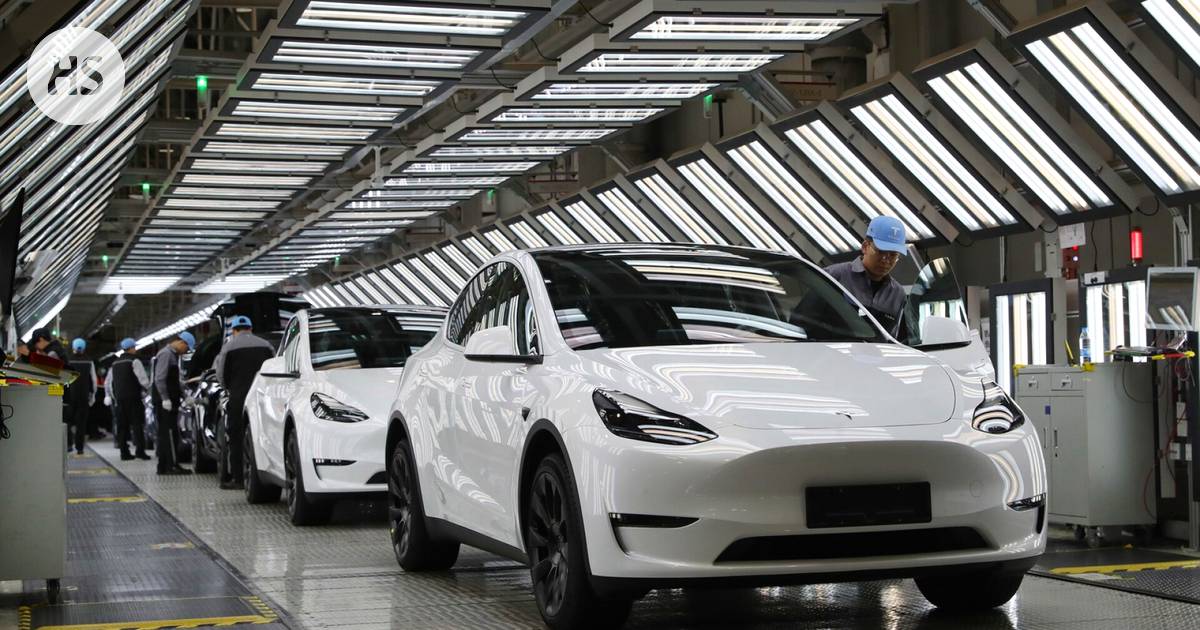Electric cars|According to Bloomberg data, one of the reasons for Tesla’s lower tariff than others is that China gives less subsidies to foreign automakers than to Chinese manufacturers.
Electric car manufacturer Tesla is getting its way in the face of EU punitive tariffs.
Tesla’s cars are escaping the most severe punitive duties that the Union is imposing on electric cars made in China imported into Europe.
The EU is planning to slap a nine percent tariff on Teslas made in China. It is significantly lower than the penalty duty levied on other car manufacturers.
The EU said on Tuesday about its plans regarding the size of the permanent penalty duties.
Permanent punitive tariffs would come into effect in November if the EU decides to extend the current temporary tariffs with permanent tariffs. The permanent tariffs would be valid for five years.
The current temporary duties are valid for four months. They have generally been around 20 percent.
The EU said on Tuesday, that the potential permanent punitive duties of other car manufacturers were also filed down a bit. As a result, the highest customs duty would be 36.3 percent, and the lower duties would be 17.0–21.3 percent.
For example, a 36.3 percent duty would be imposed on SAIC’s electric cars, 19.3 percent on Geely’s cars, and 17 percent on Byd’s cars.
These punitive duties were placed on top of the ten percent import duty already levied on imports from China.
News agency According to Bloomberg data, one of the reasons for Tesla’s lower tariff than others is that China gives less subsidies to foreign automakers than to Chinese manufacturers.
According to the EU authorities, Tesla benefits the most from cheap batteries in China. In addition, it has received tax breaks, land use rights and subsidies given to export companies.
China has threatened to respond to punitive tariffs with its own restrictions.
Some EU member states, such as Germany and Hungary, have opposed punitive tariffs.
